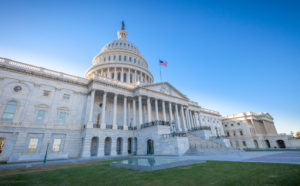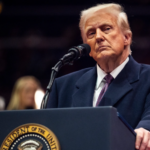
The House overwhelmingly agreed to the conference report for the fiscal year 2020 National Defense Authorization Act (NDAA) Dec. 11, teeing up a likely successful vote in the Senate before Congress adjourns for the holidays, and with President Trump already committed to signing the bill. The bill was passed on a vote of 377-48, following an unveiling of the conference report earlier this week and amid criticisms from progressive Democrats that the final language gave a win to the Trump…

 By
By 








